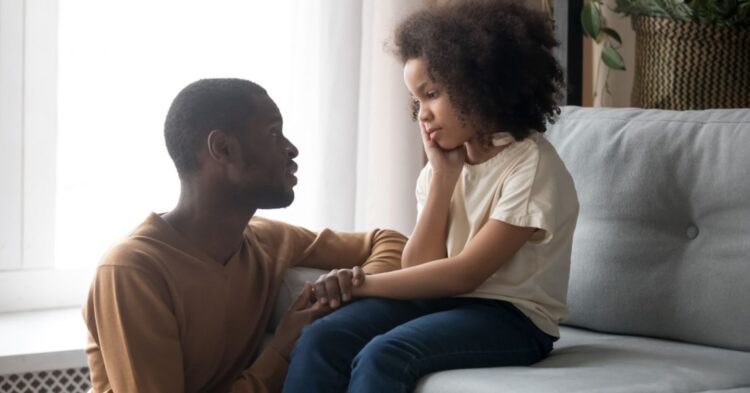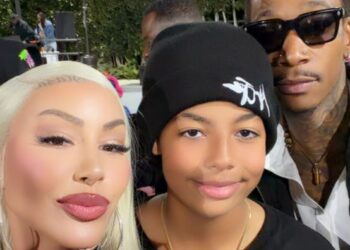Sometimes it is either hard to or not in the forefront of a parents mind to say “I’m sorry” to a child when you hurt their feelings. Yet, saying “I’m sorry,” is extremely important to their development. The main reason why you should apologize to your child, when hurting their feelings, is to let them know that their feelings matter.
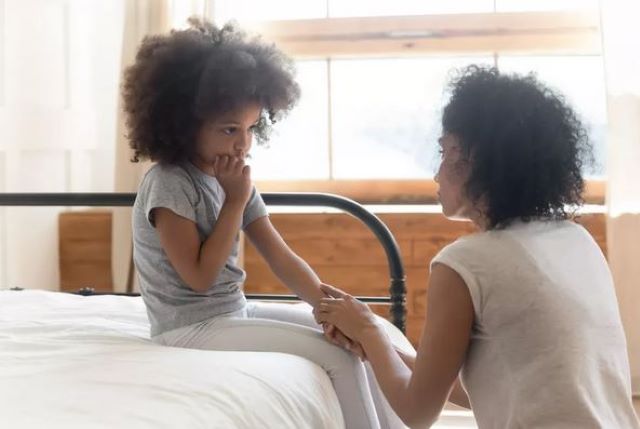
According to parenting expert, Tanay Howard, in an article that she wrote for Parents.com, she says that, “Growing up, I rarely received apologies or had my feelings validated by the adults in my life. Historically, there have been many times society failed to offer Black people apologies. We’re confronting that cycle in our household.”
Here are a few ways to help break the cycle and say “I’m sorry.” It matters more than you think.
1. Acknowledge and recognize your child’s feelings
“Parenting has taught me children have big feelings, the same way we do as adults. In my experience, it is important to show my children that it’s OK to have big feelings. Showing them that it’s OK remains true even when the emotions they express are not necessarily what some adults deem ‘positive’.”
Howard continued, “I believe by giving my children the space to recognize their feelings, I also show my ability to provide them with grace. Apologizing and showing empathy gives my children the opportunity to learn even more skills. It has also helped them learn to recognize and name their feelings on their own without shame.”
By acknowledging and recognizing your children’s feelings, you are letting them know that you are present with their emotions. You understand and you are validating what they feel. You are allowing children space to healthily grow and develop emotionally. By doing this, you are giving them the message that it is okay to “feel”.
2. Acknowledge when you are wrong
It is simple, if you do something wrong, acknowledge it.
Howard suggests that, “You don’t have to go into the details of why you reacted the way you did. But you can say something like: “I’m sorry I yelled. I got frustrated, but it’s not your fault I lost my cool. Here’s how I could have handled it better. It’s also crucial that the apologies we give our children acknowledge what we did wrong.”
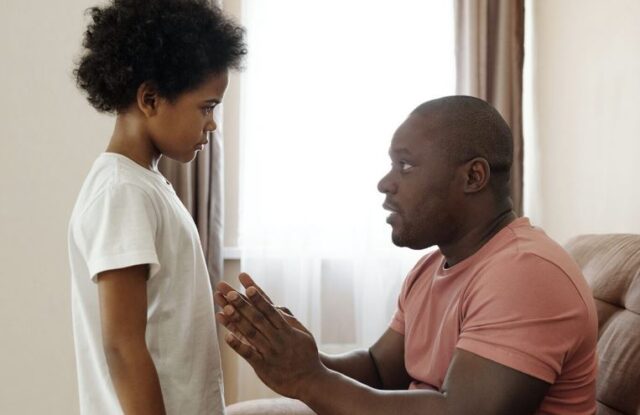
DON’T make excuses, but DO explain
“Sometimes, I find myself blaming my children for my mistakes while explaining to them where I went wrong. So rather than ‘I’m sorry but you…’ I lead with, ‘I’m sorry, and I…'”
Show accountability and do not shift the blame on to your children for your actions.
Change the Behavior
Researchers say it’s important to apologize in relationships because it helps to re-establish trust. However, to establish trust, you must change the behavior. Empty apologies, falling into the same behavior, etc. does not demonstrate to your child that you are truly “sorry” for what ever you have done. Show rather than tell more often than not speaks volumes more than words
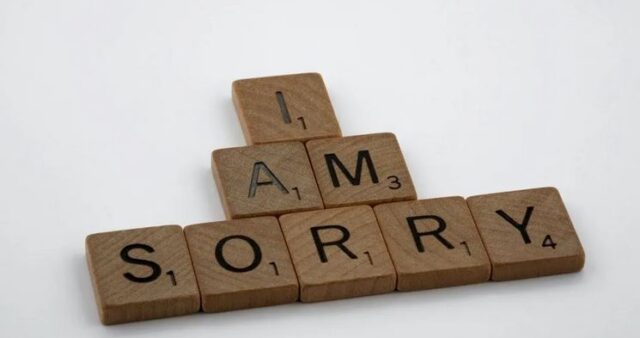
Finally, just say “I’m Sorry”
Giving toys, gifts, taking them to their special restaurant for dinner may be easier than saying “I’m Sorry”, but actually saying the words are so much more important.
According to Exploring Your Mind, “the importance of apologizing to children lies in teaching them to be more cooperative, respectful, and helping them know how to live with others. I think children need to hear the actual words ‘I’m sorry.'”
If parents lead by example, setting the tone and modeling empathetic behavior for their children, then the children will grow into adulthood continuing to do the same.
